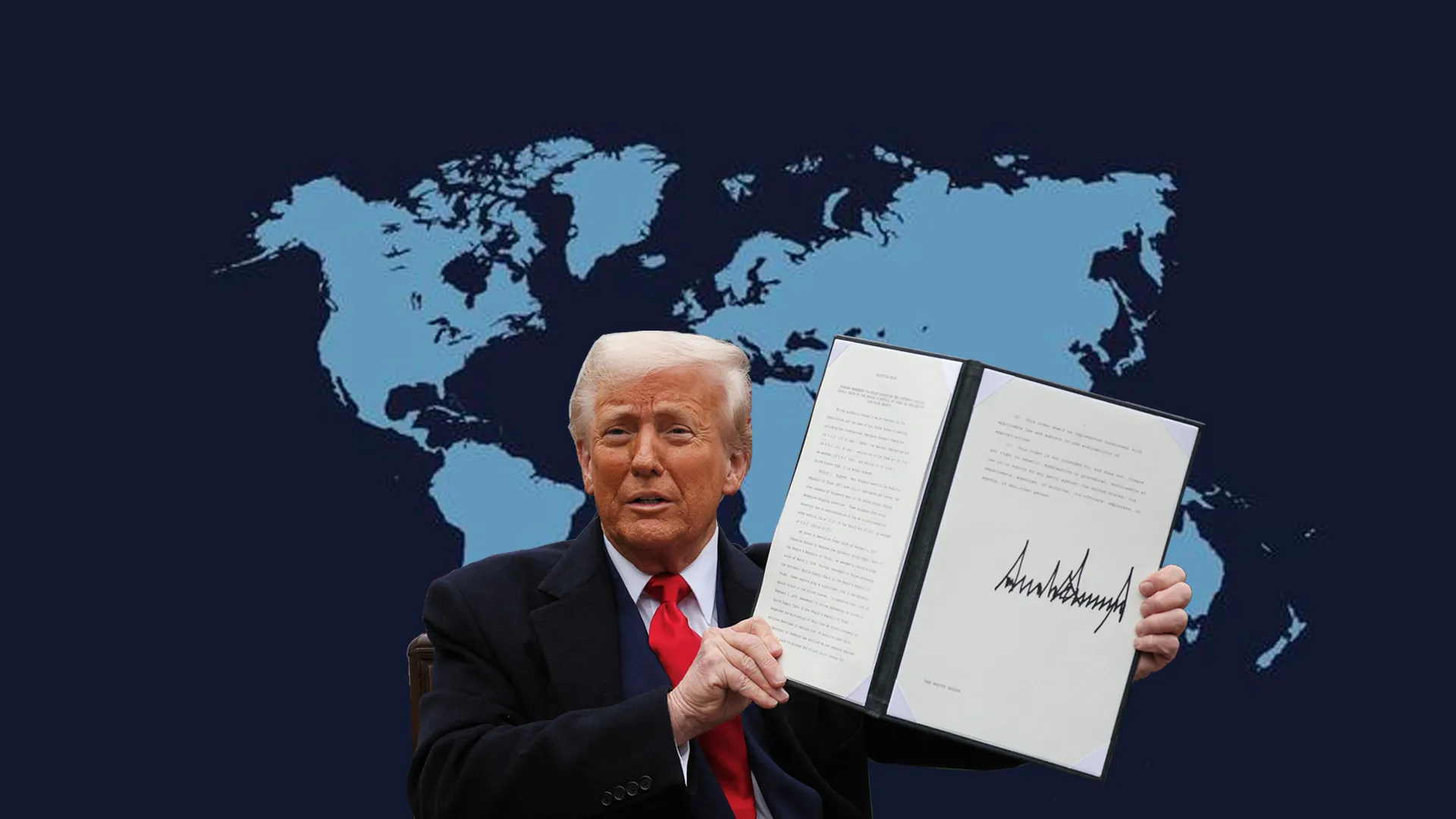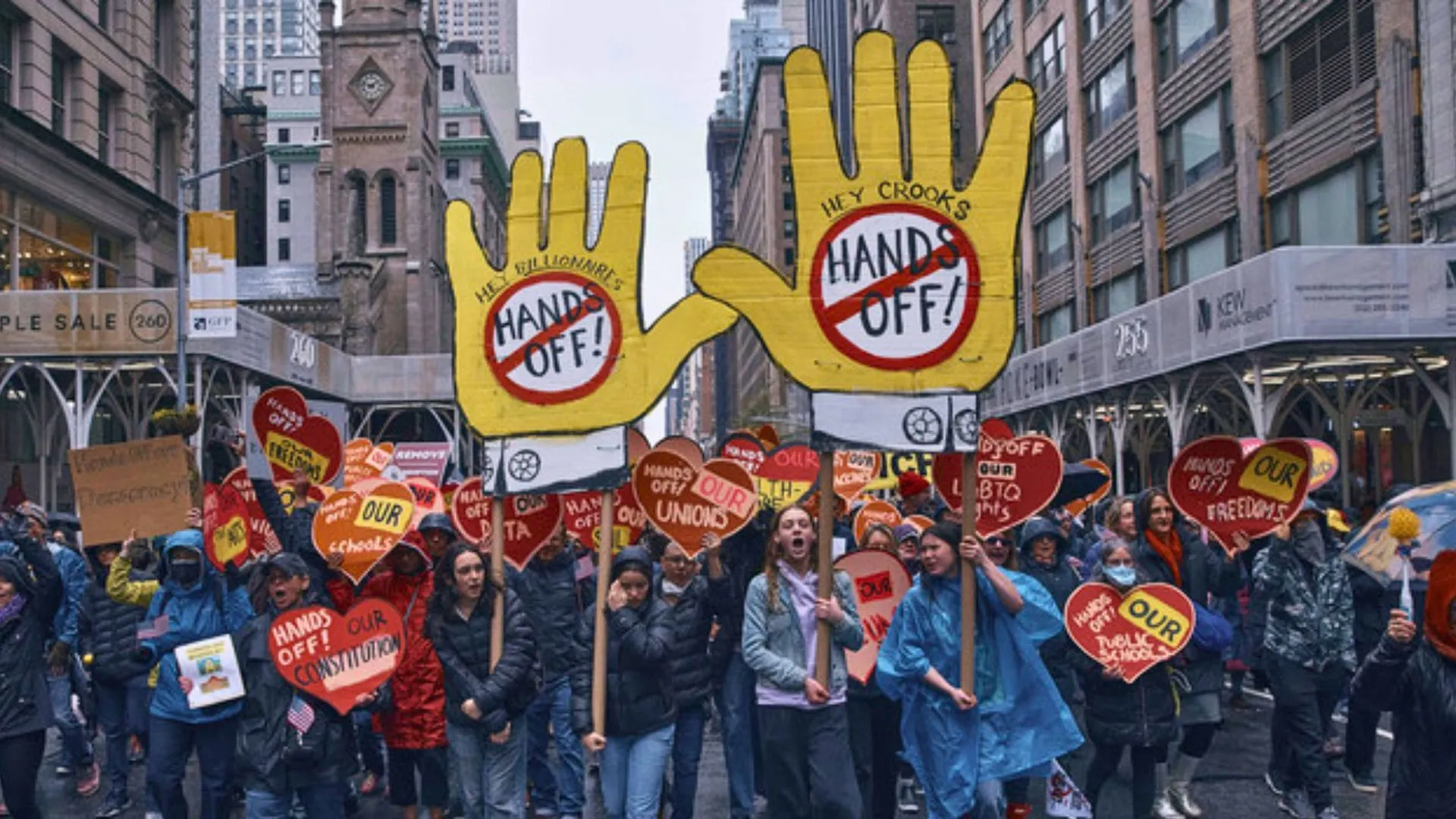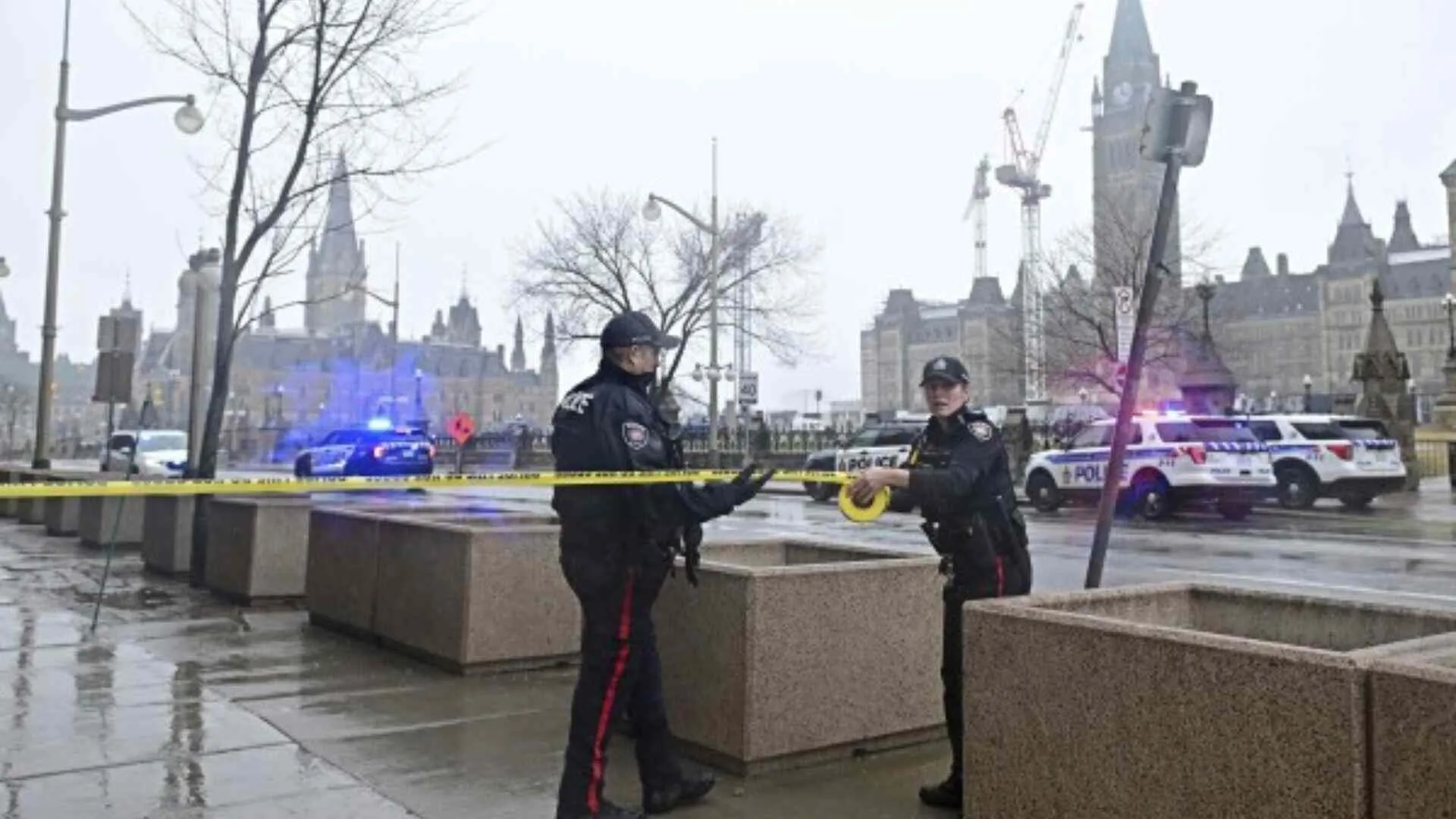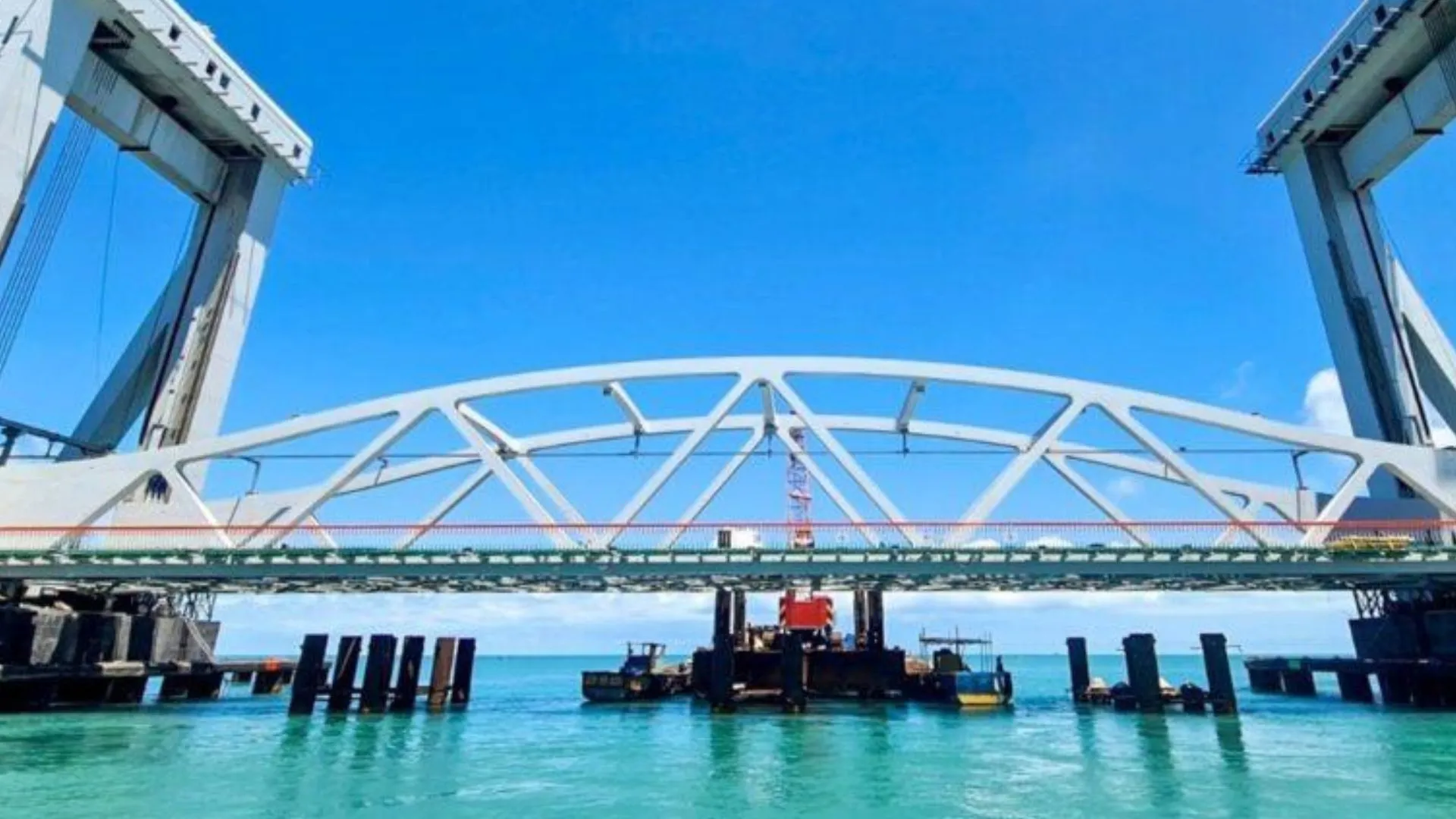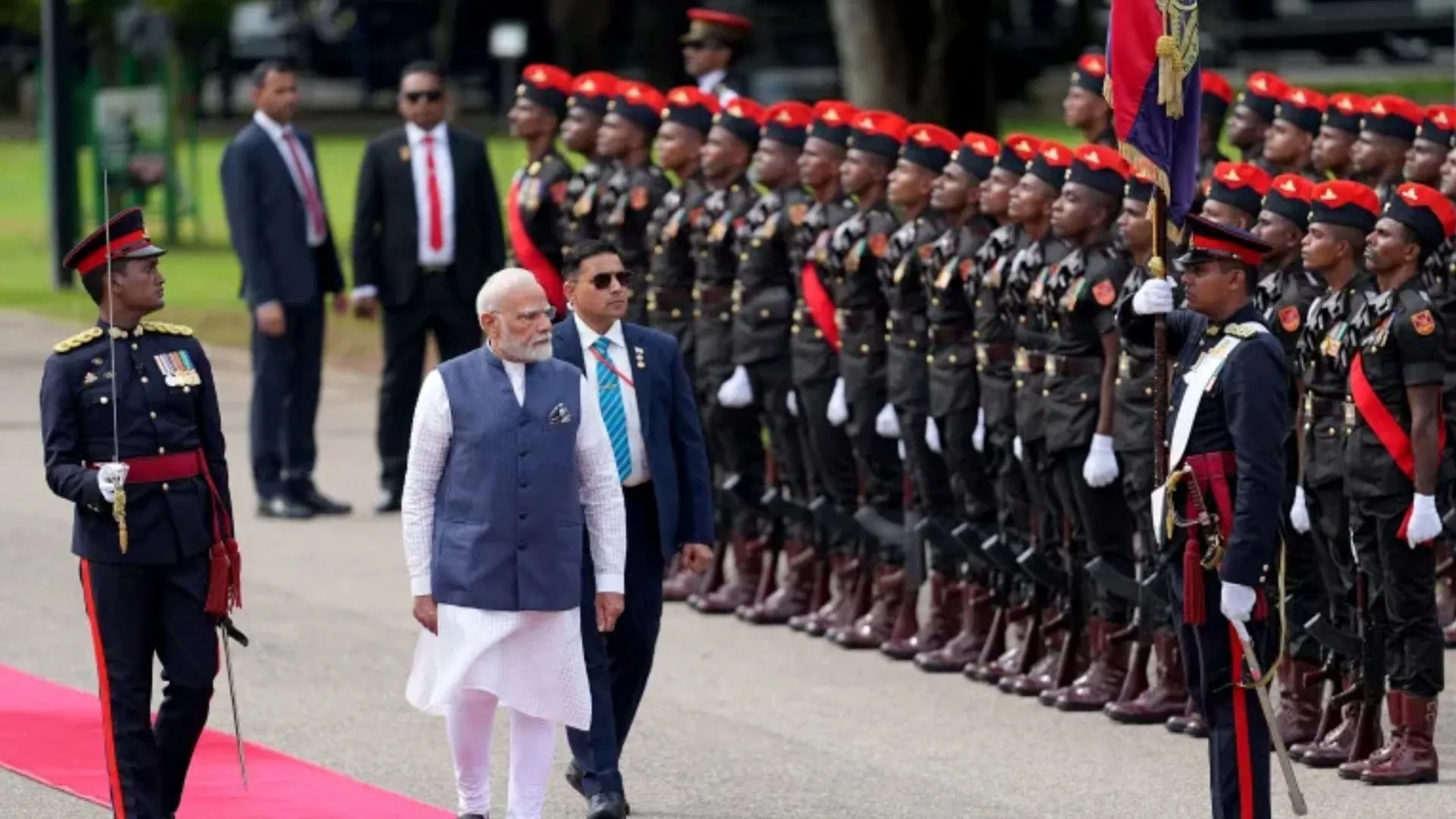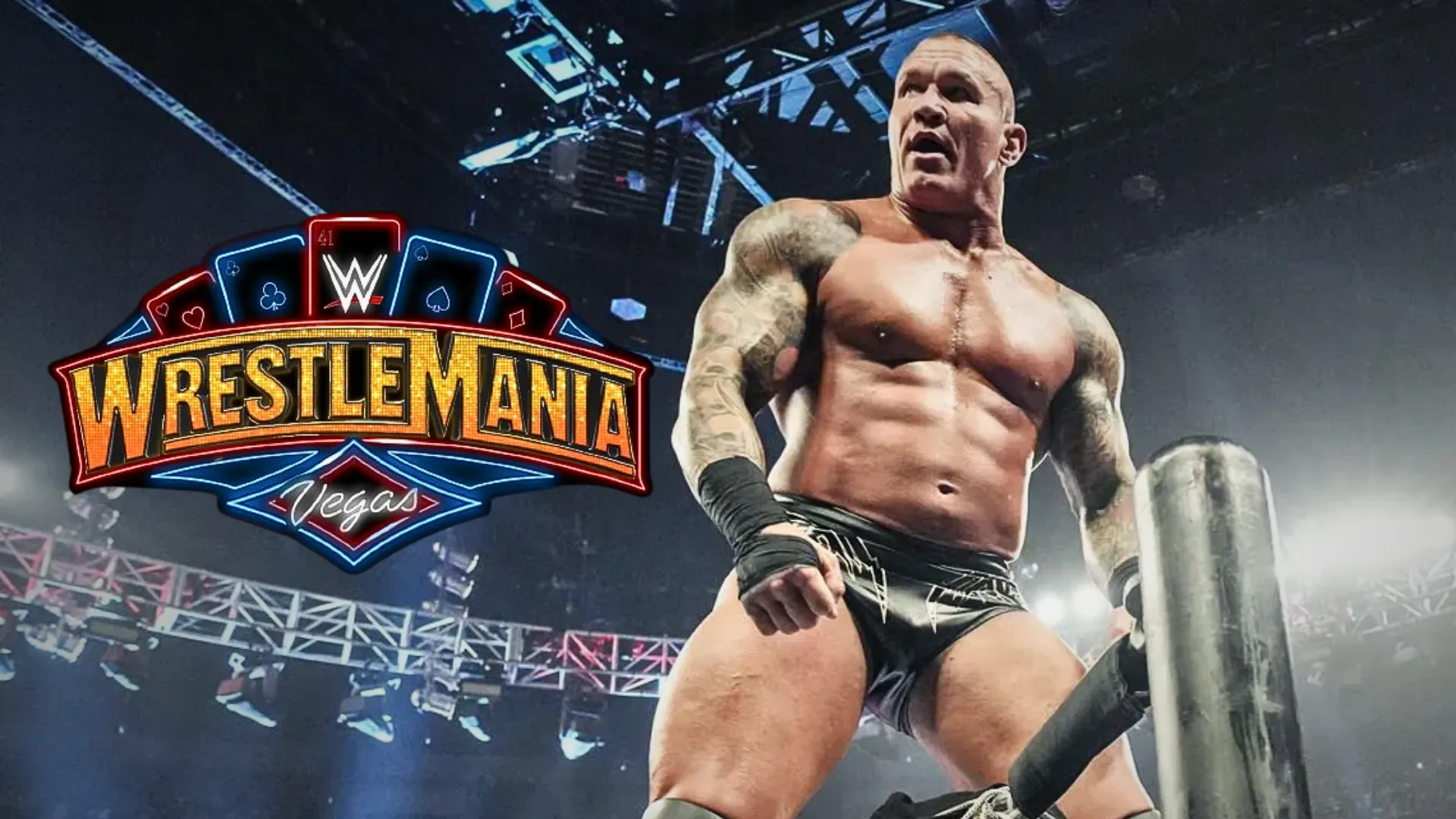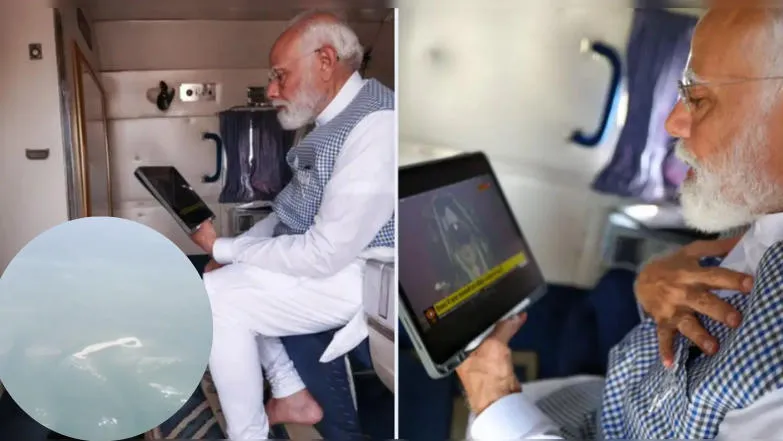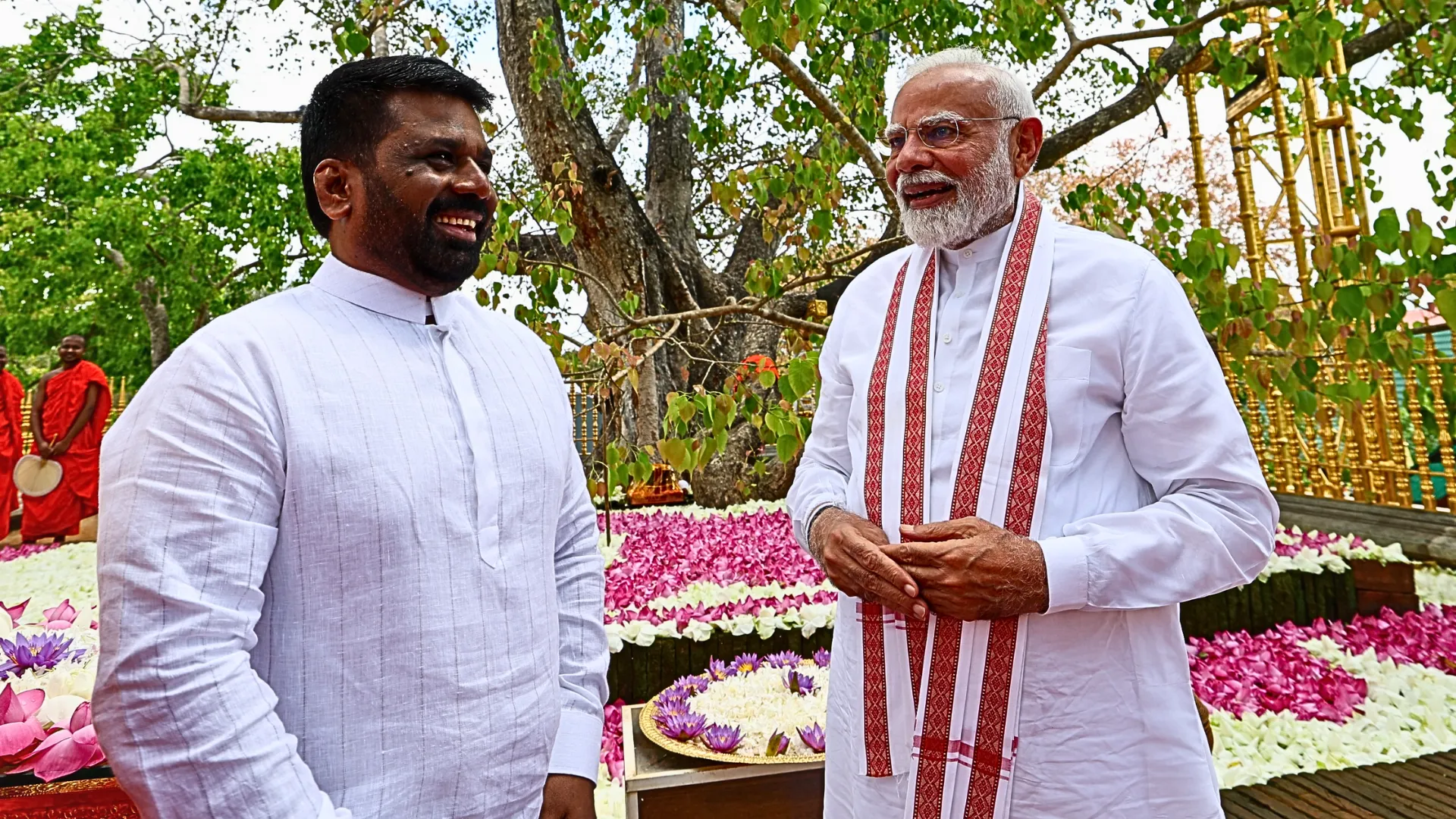US President Donald Trump imposed broad reciprocal tariffs on Wednesday, affecting key trading partners globally. The tariffs range from 10% to 49% and target what Trump described as decades of unfair trading practices.
The action targets a number of economies, with India paying a 26% tax, the European Union 20%, Vietnam 46%, Japan 24%, and China 34%. Trump explained that the tariffs were aimed at bringing economic balance and national security.
“Taxpayers have been ripped off for more than 50 years. But it is not going to happen anymore,” Trump said during the announcement. He assured that these measures would rejuvenate American industries and bring back jobs.
India’s Response: ‘Mixed Bag, Not a Setback’
A top Indian government official replied to the tariffs on Thursday, saying the commerce ministry is considering the effect of the 26% tariff on Indian exports. The official called it a “mixed bag and not a setback” for India.
The across-the-board 10% tariffs will start from April 5, while the extra 16% on India will be effective from April 10.
India is in talks with the US already to sign a bilateral trade agreement and hopes to conclude its first phase by autumn this year. India may also assuage Washington’s concerns, which might cause the US to reconsider the tariffs, the official added.
Surprisingly, Trump unveiled a chart at the White House indicating India levied 52% tariffs, including currency manipulation and trade barriers. Official White House documents show a 27% duty on Indian imports.
Canada: ‘We Are Going to Fight’
Canadian Prime Minister Mark Carney was adamant in opposing the US tariffs and threatened to fight against them.
“We are going to fight these tariffs with counter measures. We are going to protect our workers. In a crisis it is important to come together and it is essential to act with purpose and with force and that is what we will do,” Carney stated.
In addition to the existing US tariffs on steel and aluminum that Canada had already been dealing with, Carney issued a warning that these new restrictions would interfere with the international system of trade.
The US Senate reacted by approving a resolution to limit Trump’s power to slap tariffs on Canada. The Senate voted 51-48 for the resolution and also aimed to reverse Trump’s emergency declaration regarding fentanyl trafficking that supported these tariffs.
Australia: ‘Not an Act of a Friend’
The US tariffs were met with “heavy disappointment” by Australian Prime Minister Anthony Albanese, especially the 10% tariff on Australian imports.
Albanese condemned Trump’s description of reciprocal tariffs as: “A reciprocal tariffs would be zero, not 10 per cent.”
The US-Australia economic relationship is one of a kind, with America enjoying a $ 2-to-$ 1 trade surplus against Australia. Albanese cautioned that the tariffs would increase American households’ costs and destabilize the relationship between the two countries.
South Korea: ‘Must Overcome Trade Crisis’
Following the 25% tariff imposed on South Korean products, the acting president of the country, Han Duck-soo, directed emergency aid to businesses hurt by the tariffs.
“As the global trade war has become a reality, the government must pour all its capabilities to overcome the trade crisis,” Han told a high-level meeting. He directed officials to negotiate with Washington to reduce the blow to vital industries like autos.
Brazil: ‘Regrets the Decision’
Brazil’s government regretted Trump’s move, especially the 10% trade tariff on Brazilian exports.
Brazil’s Congress acted swiftly and enacted an Economic Reciprocity Law, which enables the government to impose retaliatory measures on trade restrictions.
Brazil is the world’s second-largest steel exporter to the US, exporting four million tonnes in 2024. The government is now contemplating its next move with the World Trade Organization (WTO).
New Zealand: ‘Won’t Retaliate’
New Zealand’s trade minister, Todd McClay, disputed the validity of Trump’s tariff chart, which had New Zealand charging a 20% tariff on imports from the US.
McClay said that New Zealand maintains a “very low tariff regime” and instructed officials to seek clarification from the US government. But he said New Zealand will not retaliate, as it could harm local consumers and exacerbate inflation.
European Union: ‘Reciprocal Tariffs Benefit No One’
Irish Prime Minister Micheal Martin condemned the 20% tariffs that American President Donald Trump ordered on imports from the European Union, warning of economic disruption.
“The decision by the U.S. tonight to impose 20% tariffs on imports from across the European Union is deeply regrettable. I strongly believe that tariffs benefit no one. My priority, and that of the government, is to protect Irish jobs and the Irish economy,” Martin said.
He highlighted the importance of dialogue and a proportionate response, urging a negotiated outcome to prevent raising trade tensions.
United Kingdom: ‘Nobody Wants a Trade War’
The UK government reiterated its close relationship with the US but complained about the 10% tariffs on British goods.
Business Secretary Jonathan Reynolds said, “Nobody wants a trade war and our intention remains to secure a deal. But nothing is off the table and the government will do everything necessary to defend the U.K.’s national interest.”
The UK is now seeking to negotiate with the US to cushion the economic impact of the tariffs.
Global Trade Uncertainty Rises with Reciprocal Tariffs
With these broad reciprocal tariffs, global trade patterns are changing dramatically. While Trump claims that these actions will safeguard American jobs and industries, a number of world leaders have expressed concerns about the economic implications.
The coming months will be pivotal as the impacted countries try diplomatic and economic measures against Trump’s aggressive trade policies. Only time will tell if these tariffs will fortify or stress US trade relations.

